Being Mortal: Medicine and What Matters in the End
By Atul Gawande
Is it time the medical profession rethought its approach to the old and terminally ill? In what way? Should doctors be trained to prepare people to die rather than simply be kept alive as long as possible? In Being Mortal, Atul Gawande addresses these questions and argues that an acceptance of mortality must lie at the very heart of the way we treat the dying. Questioning, profound and deeply moving, Being Mortal is a must-read.
About the Author
Atul Gawande is the author of three bestselling books: Complications, a finalist for the National Book Award; Better, selected by Amazon.com as one of the ten best books of 2007; and The Checklist Manifesto. He is also a surgeon at Brigham and Women’s Hospital in Boston, a staff writer for the New Yorker, and a professor at Harvard medical school and the Harvard School of Public Health. He has won the Lewis Thomas Prize for writing about Science, a MacArthur fellowship, and two National Magazine Awards. In his work in public health, he is director of Adriane Labs, a joint center for health system innovation, and chairman of Lifebox, a charity making surgery safer globally. He lives with his wife and three children in Newton, Massachusetts.
“In this eloquent, moving book Atul Gawande…explains how and why modern medicine has turned the end of life into something so horrible”
-The Economist
“This book is an acknowledgement that serenity and well-being actually cannot be dished up cafeteria style – and that sometimes the only sure way to gain control first is to relinquish it, whether to a bad disease, a dying patient or the constraints of a finite life span”
-New York Times
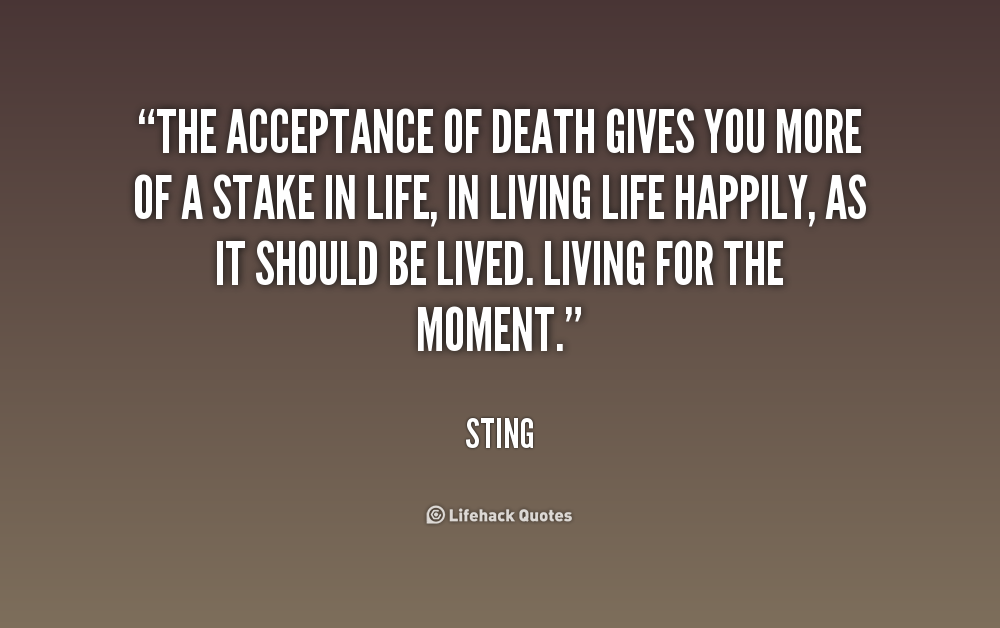
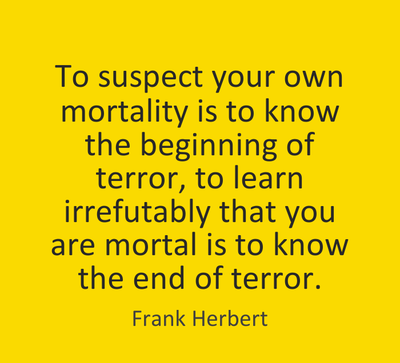
“Being Mortal is a clear-eyed, informative exploration of what growing old means in the 21st century; it provides a useful roadmap of what we can and should be doing to make the last years of life meaningful for everyone experiencing the aging process up close.”
-TIME
“In Being Mortal, Gawande argues for a more humane and “interpretive” style of medicine, where a doctor’s role is “to help patients determine what they want.”
-Sunday Guardian
“Of physicians, surgeons must be the most aware of how the limits of a mortal body restrict what they can do In Being Mortal surgeon Atul Gawande describes learning how to extend those limits – and discovering how to respect them, in the case of terminal illness, in ways that neither he or his patients anticipated”
-Wall Street Journal
“The message resounding through Being Mortal is that our lives have narrative – we all want to be the authors of our own stories, and in stories endings matter””
-Guardian
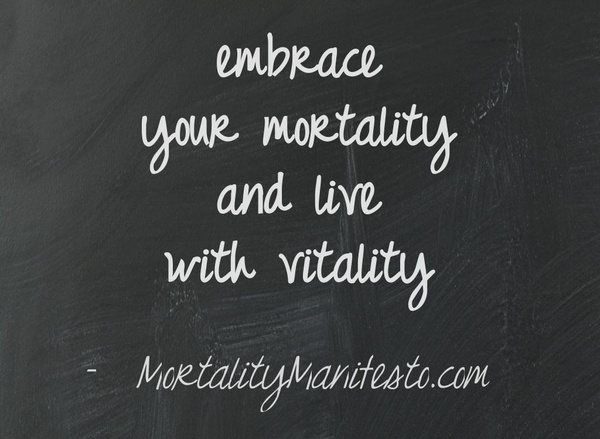
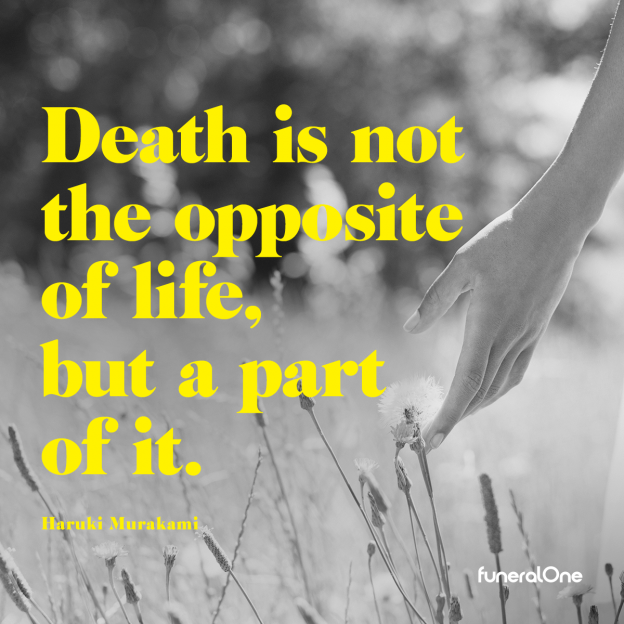
“This humane and beautifully written book is a manifesto that could radically improve the lives of the aged and terminally ill.”
-Independent
“An excellent human interpretation of Death and Mortality”
-Free Press Journal
“It is a masterpiece.”
-Business Standard
“An illuminating work that focuses on loss and critical questions that are particularly relevant at a time when people are living longer, but not necessarily healthier, lives”
-Telegraph
“In offering a reminder that it is not enough to simply keep the old clean and safe and fed, and that quality of life lived is more important that length of it, Gawande’s work is important. He offers no perfect solutions. There are no easy answers on how we safeguard the autonomy of the elderly, particularly in the face of bad decisions, denial or dementia. Instead, he is gently reminding us to try and do a little better for the elderly, to think a little harder, to give a little more, to be a little more creative, a little more sensitive. He makes a strong case that this will pay off for our loved ones. And, in time, for us. Momento mori”
-Newsweek
“A book that distils the wisdom of philosophy, psychology, biology, economics and ethics and then wraps it up in elegant writing that blends captivating storytelling and sharp comment, to provoke the reader to ponder over the essence of life and the imminence of death”
-Indian Express
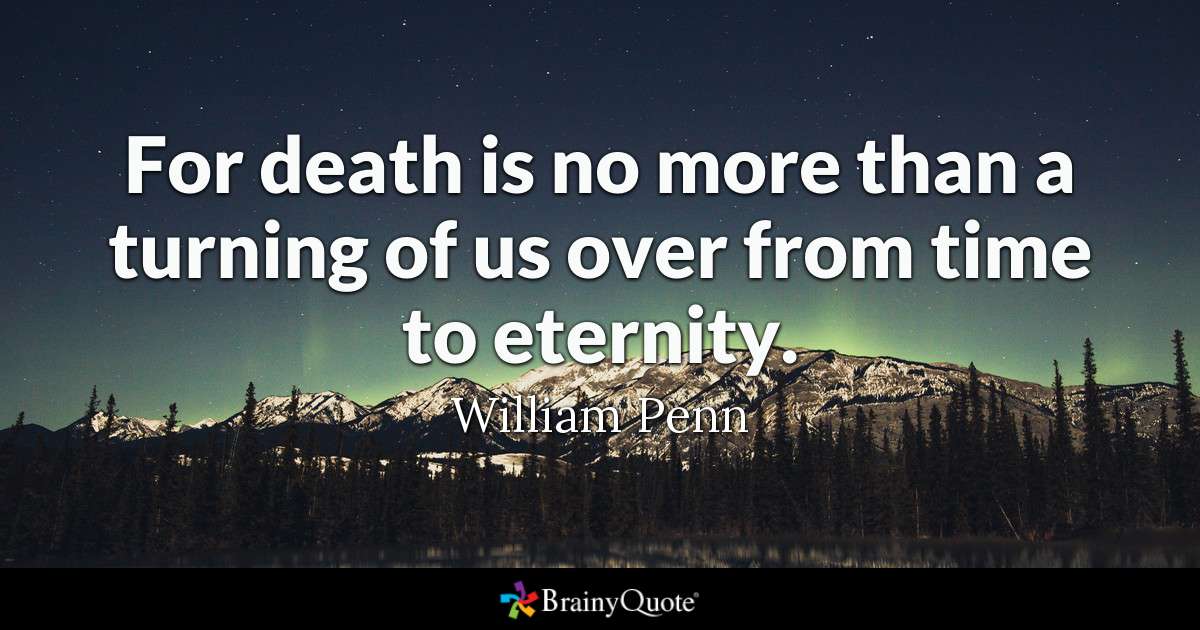
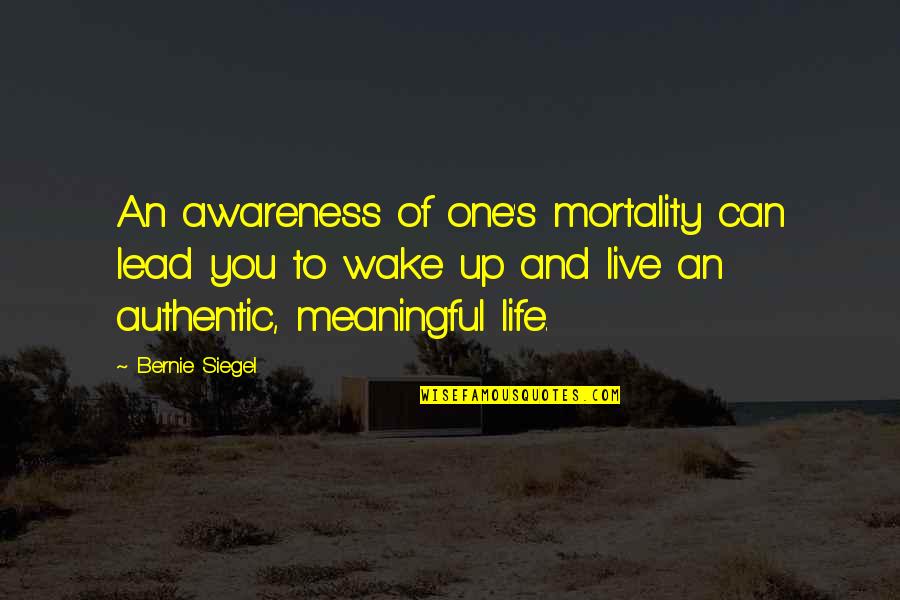
“A book that argues that end-of-life treatments often end up shortening lives instead of extending them, and calls for a smarter to aging and dying instead of expanding life spans in a meaningless way.”
-Times of India
“Gawande is the man to pick…He knows how to conduct such inquiries with the precision of a surgeon, the compassion of a writer and the outlook of a philosopher.”
-Mint
“A star among a rare breed of doctor-writers”
-Deccan Chronicle
“A wave-making masterpiece”
-Tehelka
“A meditation on living better with age related frailty, serious illness and approaching death”
-Sentinel
“While Being Mortal is primarily set in the U.S., it is also relevant to many Indians who have made the transition from joint to nuclear families”
-The Hindu
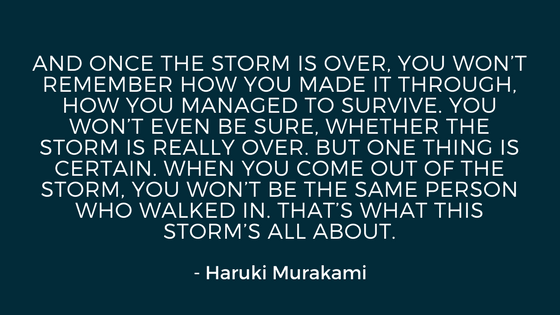
“A clean whiff of sanity of being a new-age guide to dying that has something for everyone.”
-Financial Express
“A beautiful human interest story…he has culled the best of authentic research, taken a bit from history, and, above all, real stories”
-Week
“A doctor…who understands his patients beyond their illnesses”
-Outlook
Book Description
From Atul Gawande, a book that has the potential to change medicine – and lives.
Medicine has triumphed in modern times, transforming the dangers of childbirth, injury, and disease from harrowing to manageable. But when it comes to the inescapable realities of aging and death, what medicine can do often runs counter to what it should.
Through eye-opening research and gripping stories of his own patients and family, Gawande reveals the suffering this dynamic has produced. Nursing homes, devoted above all to safety, battle with residents over the food they are allowed to eat and the choices they are allowed to make. Doctors, uncomfortable discussing patients’ anxieties about death, fall back on false hopes and treatments that are actually shortening lives instead of improving them. And families go along with all of it.
In his bestselling books, Atul Gawande, a practicing surgeon, has fearlessly revealed the struggles of his profession. Now he examines its ultimate limitations and failures – in his own practices as well as others’ – as life draws to a close. And he discovers how we can do better. He follows a hospice nurse on her rounds, a geriatrician in his clinic, and reformers turning nursing homes upside down. He finds people who show us how to have the hard conversations and how to ensure we never sacrifice what people really care about.
Riveting, honest, and humane, Being Mortal shows that the ultimate goal is not a good death but a good life – all the way to the very end.
—————————————————————————————————————————————————————————————-
Being Mortal is an AARP, Amazon, Apple iBooks, Astoria Bookshop, Book Riot, Business Standard, Chicago Tribune, The Daily Beast, The Economist, Financial Times, The Globe and Mail, The Guardian, Houston Chronicle, Huffington Post, LA Times, Maclean’s Magazine, Mother Jones, New Hampshire Public Radio, The New Statesman, The New York Times, NPR, NPR’s Science Friday, Oprah, Politics & Prose, Shelf Awareness, Wall Street Journal, Washington Post, and Wired Magazine Bestseller.
Being Mortal with Atul Gawande
Atul Gawande: “Being Mortal: Medicine and What Matters in the End” | Talks at Google
How do we heal medicine? | Atul Gawande
Dr. Atul Gawande on what we should be asking in end-of-life care
The Checklist Manifesto: How To Get Things Right
By Atul Gawande
Acclaimed surgeon and writer Atul Gawande finds a remedy to tackle immensely complex problems with the humblest of techniques: the checklist. In riveting stories, Gawande takes us from Austria, where an emergency checklist saved a drowning victim who had spent half an hour underwater, to Michigan, where a cleanliness checklist in intensive care units virtually eliminated a type of deadly hospital infection. And he follows the checklist revolution into fields well beyond medicine, from disaster response to investment banking, skyscraper construction and business of all kinds.
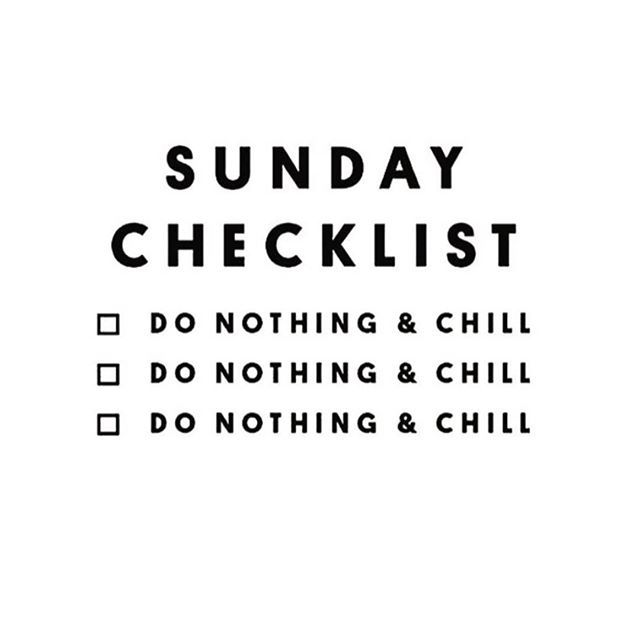

“A rousing narrator”
-Indian Express
“A must read. What makes his writing honest and relevant is that through his own experience and discoveries he is able to provide us with matter for thought and action in whatever we have chosen to do.”
-Business Standard
“In a riveting read (Gawande) brilliantly argues why after all it’s not as simple as it may seem to be. An essential read for anyone who wants to do better.”
-Financial Express
“(Gawande’s) writing is lucid and he picks up relevant examples from other fields along the way, making this book very interesting and giving the lay reader a view into the largely opaque world of medicine.”
-DNA
“Brilliant and concise.”
-Mail Today

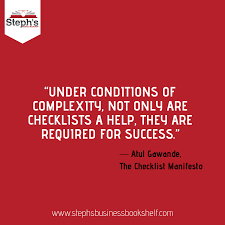
“(Gawande) has the knack of discussing serious aspects of medicine without appearing glum and arrogant.”
-Tribune
“A fine representation of Holmesian deduction.”
-Time Out
“Gawande’s references and descriptions are gripping, and his views compelling…A wonderfully gifted story-teller. You might feel all the incidents are happening just in front of you.”
-Businessworld
“A persuasive champion of his cause.”
-The Economist
“A well-written and compelling argument”
-Bloomberg Businessweek
“The scope goes well beyond medicine…read this book and you might find yourself making checklists for the most mundane tasks – and be better off for it.”
-Business Week
“Maintains the balance between accessibility and precision. He manages to be vivid without being gruesome.”
-Times (UK)
“I read The Checklist Manifesto in one sitting yesterday, which is an amazing tribute to the book Gawande has crafted. Not only is the book loaded with fascinating stories, but it honestly changed the way I think about the world. It is the best book I’ve read in ages.”
-Steven Levitt, author of Freakanomics
Book Description
Malcolm Gladwell’s review of The Checklist Manifesto
Over the past decade, through his writing in The New Yorker magazine and his books Complications and Better, Atul Gawande has made a name for himself as a writer of exquisitely crafted meditations on the problems and challenges of modern medicine. His latest book, The Checklist Manifesto, begins on familiar ground, with his experiences as a surgeon. But before long it becomes clear that he is really interested in a problem that afflicts virtually every aspect of the modern world–and that is how professionals deal with the increasing complexity of their responsibilities. It has been years since I read a book so powerful and so thought-provoking.
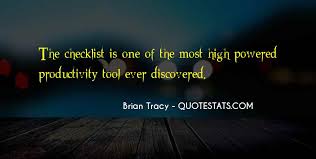
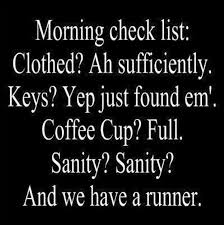
Gawande begins by making a distinction between errors of ignorance (mistakes we make because we don’t know enough), and errors of ineptitude (mistakes we made because we don’t make proper use of what we know). Failure in the modern world, he writes, is really about the second of these errors, and he walks us through a series of examples from medicine showing how the routine tasks of surgeons have now become so incredibly complicated that mistakes of one kind or another are virtually inevitable: it’s just too easy for an otherwise competent doctor to miss a step, or forget to ask a key question or, in the stress and pressure of the moment, to fail to plan properly for every eventuality. Gawande then visits with pilots and the people who build skyscrapers and comes back with a solution. Experts need checklists–literally–written guides that walk them through the key steps in any complex procedure. In the last section of the book, Gawande shows how his research team has taken this idea, developed a safe surgery checklist, and applied it around the world, with staggering success.
The danger, in a review as short as this, is that it makes Gawande’s book seem narrow in focus or prosaic in its conclusions. It is neither. Gawande is a gorgeous writer and storyteller, and the aims of this book are ambitious. Gawande thinks that the modern world requires us to revisit what we mean by expertise: that experts need help, and that progress depends on experts having the humility to concede that they need help.
New York Times’ Freakonomics Blog Review
If there is one topic that I have no natural affinity for, it is checklists. I don’t use checklists. I’m not interested in checklists.
Yet, against all odds, I read Atul Gawande’s new book about checklists, The Checklist Manifesto in one sitting yesterday, which is an amazing tribute to the book that Gawande has crafted. Not only is the book loaded with fascinating stories, but it honestly changed the way I think about the world. It is the best book I’ve read in ages.
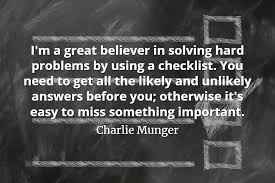
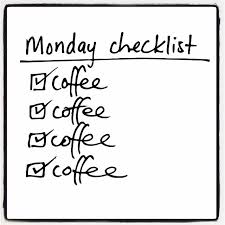
The book’s main point is simple: no matter how expert you may be, well-designed check lists can improve outcomes (even for Gawande’s own surgical team). The best-known use of checklists is by airplane pilots. Among the many interesting stories in the book is how this dedication to checklists arose among pilots.
Even more interesting are the stories about Walmart’s response to Hurricane Katrina, and the real reason why David Lee Roth used to demand that there be a bowl of M&M’s with all the brown ones removed in his dressing room backstage.
———————————————————————————————————————————————————————————
The Checklist Manifesto is a New York Times, Wall Street Journal, USA Today, Entertainment Weekly, Washington Post, Los Angeles Times, Boston Globe, and San Francisco Chronicle Bestseller.
The Checklist Manifesto
The Habit of Top Professionals: THE CHECKLIST MANIFESTO by Dr. Atul Gawande
The Checklist Manifesto by Atul Gawande – Animated Summary, Review & Implementation Guide
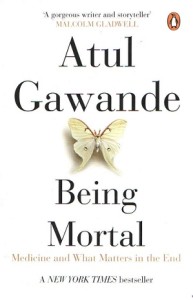
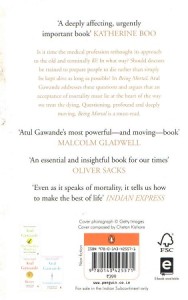
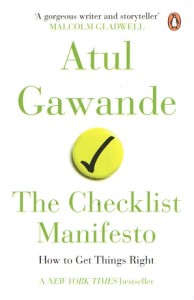
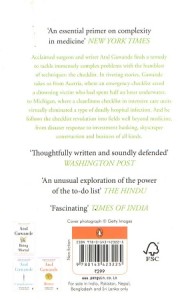
Pingback: My Homepage